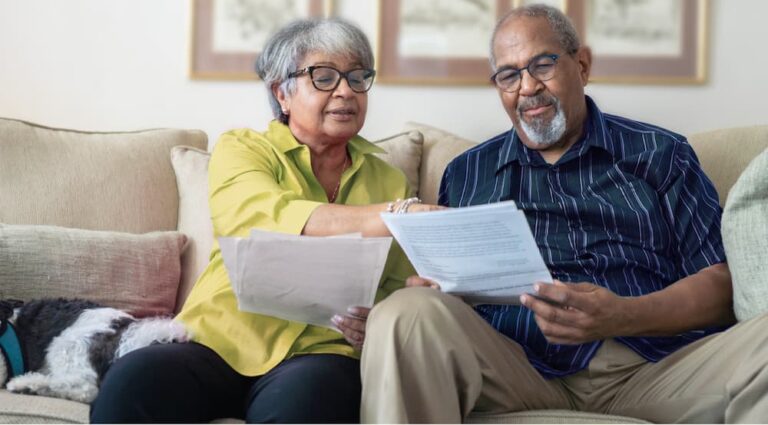
Building a Compassionate Community: Caregivers, Language, and New Resources
10/15/25
Supporting someone with a mental health condition is a journey that extends far beyond the individual. Families, friends, and loved ones often step into the role of caregiver, organizing appointments, offering emotional support, and holding life together when things get tough. Yet too often, the needs of caregivers are overlooked. This month, we’re shining a light on caregivers, the power of our words, and the new tools we’ve created to make sure no one feels alone.
Caregivers Need Care Too
One in five adults in the U.S. provides care for someone with a mental health condition. That means millions of people are carrying the invisible weight of caregiving, navigating stress, exhaustion, and uncertainty while trying to show up with compassion every day. Caregiving can be deeply rewarding, but it can also take a toll.
When caregivers are supported, everyone benefits. A cared-for caregiver is better able to sustain the steady, loving presence that helps their loved one heal and thrive. That’s why it’s so important to offer encouragement, resources, and respect.
Small gestures matter: a hug, a handwritten note, or even a bouquet of flowers can remind caregivers they are not forgotten. Larger actions like advocating for caregiver resources and systemic change create a culture where caregivers feel truly seen and valued.
The Power of Words: What to Say (and Not to Say)
Language shapes connection. When someone is experiencing a severe mental illness, words can either build trust or deepen feelings of isolation.
Here are a few supportive things you can say:
- “I’m here with you.”
- “It’s okay to not be okay right now.”
- “I care about you and want to understand what you’re going through.”
- “Would it help to talk, or would you prefer some quiet time?”
And here are some phrases to avoid:
- “Just snap out of it.”
- “It could be worse.”
- “You’re being dramatic.”
- “Why can’t you just…”
The most important thing isn’t to say the “perfect” thing, it’s to create a safe, compassionate space where someone feels less alone. Listening, validating, and showing respect are often more powerful than offering advice.
Explore Our New Website
To better serve families, caregivers, and individuals living with mental health conditions, we’ve launched a redesigned website. This is more than a fresh look, it’s a growing hub of mental health resources, caregiver support tools, personal stories, and advocacy guides designed to empower you.
Here’s what you’ll find:
- Educational resources to help you understand conditions and navigate systems of care.
- Caregiver tools for balance, community, and resilience.
- Personal stories to remind you that you’re not alone and recovery is possible.
- Advocacy updates so you can make your voice heard where it matters most.
And this is just the beginning. We’ll continue to add new articles, guides, and tools regularly so check back often. Our hope is that every visit leaves you encouraged, informed, and connected.
Together, We Can Change the Narrative
Caregivers are not invisible; they are the backbone of countless families and communities. By offering compassion in our words, supporting their needs, and equipping them with resources, we can create a world where no one feels alone in their journey.
Explore our new website today, and let’s keep building this compassionate community together.
Care Coalition strengthens the systems of support around people living with serious mental illness (SMI). Through The Guardian Model™, we equip providers and families with the tools, training, and guidance they need to navigate care more effectively and collaboratively across complex systems.
Copyright Guardian Ac Litem Services, Inc. 2025
Website created by Parker Marketing & Management





